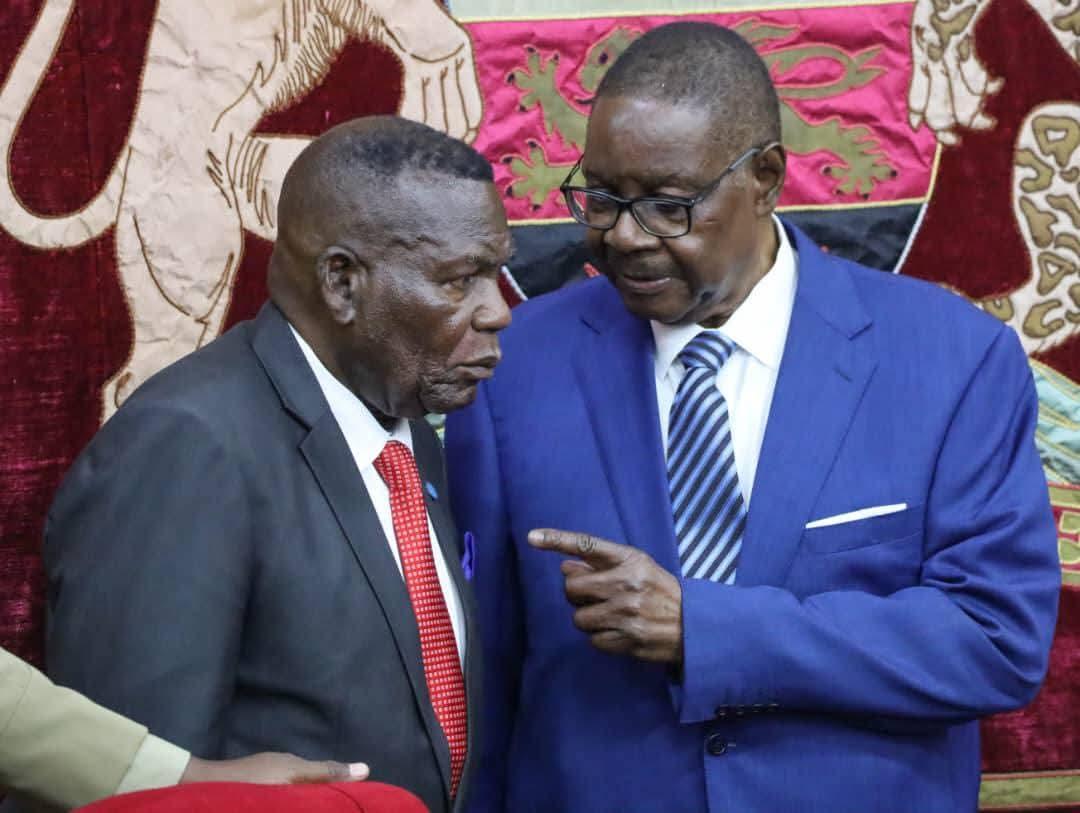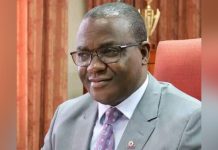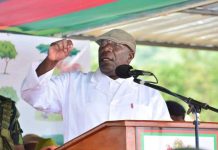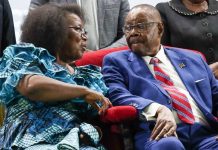Africa-Press – Malawi. Malawi President Professor Arthur Peter Mutharika’s latest appointments reflect a carefully crafted political and administrative strategy rather than a routine reshuffle. His decisions demonstrate a deliberate effort to merge experience with renewal and to achieve a leadership balance that reflects Malawi’s regional and generational diversity.
The inclusion of Dr Justin Saidi, Stuart Naison Ligomeka, and Kiswell Dakamau brings continuity, professionalism, and discipline to the civil service. These appointments strengthen the institutional backbone of government and reaffirm the President’s commitment to efficiency and competence at the highest levels of public administration.
What distinguishes this new configuration, however, is the inclusion of Alfred Gangata and Enoch Kamzingeni Chihana. Their appointments represent both generational transition and political pragmatism. Gangata’s elevation to Minister of State signals the rise of a new generation of leaders who have earned their place through strategic achievement rather than privilege. His leadership in the Central Region, where he helped the Democratic Progressive Party (DPP) dismantle the long-standing dominance of the Malawi Congress Party (MCP), has established him as a disciplined organiser with clear political instinct.
Chihana’s appointment as Second Vice President recognises his political experience and his pivotal role in securing the Northern Region for the DPP. His steady, inclusive approach has strengthened cohesion in a region once marked by fragmentation. Together, Gangata and Chihana embody Mutharika’s pursuit of equilibrium — aligning youthful energy with seasoned experience, ambition with loyalty, and renewal with continuity.
The DPP’s strengthened presence across all three regions — the North through Chihana, the Central through Gangata, and the East through Bright Msaka — points to an organised and forward-looking strategy that extends beyond political expediency. It reflects a broader vision of national unity and a leadership model that seeks to reinforce public confidence and restore stability.
The appointments of Joseph Mwanamvekha as Minister of Finance and George Chaponda as Minister of Foreign Affairs further demonstrate President Mutharika’s reliance on experience and steadiness to navigate a nation in crisis. The country he inherits is one scarred by economic decline, weakened institutions, and a profound loss of public trust.
The previous administration presided over one of the most turbulent economic periods in Malawi’s democratic history. Under President Lazarus Chakwera, the state drifted from principles of governance and accountability. Government operations were reduced to a family affair, driven more by personal loyalty than institutional discipline, and characterised by indecision, poor fiscal management, and disregard for due process.
Under Chakwera’s stewardship, Malawi’s economy collapsed under the weight of hyperinflation, its currency depreciating to the point of chasing the valueless Zimbabwean dollar. Essential goods became unaffordable, and public resources were depleted through unchecked spending and mismanagement. The administration’s failure to enforce fiscal prudence and accountability pushed the nation to the brink of economic paralysis.
Equally damaging was the erosion of ethical governance. The Chakwera administration opened the country to fraudulent dealings and questionable international partnerships. A glaring example was the non-existent Bridgin Foundation, which the government hosted and endorsed in a state-funded press conference, presenting it as a breakthrough investment partner. The event was widely condemned as an embarrassment to Malawi’s credibility and an example of reckless statecraft.
Renowned legal scholar Professor Danwood Chirwa issued a scathing rebuke, accusing President Chakwera of “reducing the country to sh**, metaphorically.” Writing on Facebook in a post that has since gone viral, he added:
“[Chakwera and his executive assistant and son-in-law, Sean Kampondeni] proudly and willingly sold what everyone knew was a grotesque scam, live on television, at a press conference sanctioned and funded by the government. I’ve never seen a president and his sidekick openly and brazenly promote and commit fraud with all the bravado of a fool like these two.”
Such words, severe as they are, echoed the frustration of a nation that had lost confidence in its leadership and institutions.
Against this backdrop, Mutharika faces a monumental task: to stabilise the economy, restore fiscal integrity, and rebuild international partnerships. During his previous administration, Malawi’s economy remained steady under Mwanamvekha’s stewardship at the Treasury, where prudent financial management maintained stability and investor confidence. His reappointment signals continuity in economic policy and renewed trust in disciplined fiscal leadership.
Similarly, Chaponda’s return to the Ministry of Foreign Affairs underlines Mutharika’s determination to repair strained diplomatic relations, particularly with the United States, which red-listed Malawi and imposed travel restrictions on officials under the previous regime accused as enablers of corruption, money laundering and fraudulent deals. Chaponda’s diplomatic experience will be critical in restoring the nation’s standing abroad, while Alfred Gangata’s oversight of immigration reforms is expected to re-establish trust in Malawi’s passport system and strengthen border governance.
As Mutharika declared during his swearing-in, “it will not be business as usual.” His early decisions suggest a leader determined to rebuild a fractured state with focus and urgency. Malawians now await the completion of his full cabinet with anticipation and hope — looking to see whether this initial blend of renewal and experience will translate into action and results.
If these appointments are a test of direction and intent, President Mutharika has clearly set the tone. What remains is the execution — the measure by which history will judge his second coming.
For More News And Analysis About Malawi Follow Africa-Press






